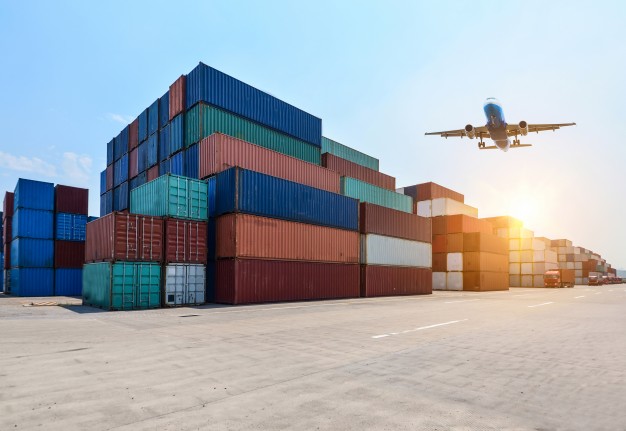
With careful planning commentators are still optimistically talking about the growth of more than 4% in the next 20 years.
Only forward thinkers will win the race to succeed, or even stay afloat with the economy in flux. However, it’s not all bad news for those who have the foresight to future-proof their business; even in these troubled times, many realize the key to the future success of the air cargo industry is going to depend on stakeholders’ agility throughout the supply chain to adapt with speed and have the ability to form critical partnerships. While there are no guarantees, specific strategic planning has never been more important than it is right now.
It is no surprise that E-commerce has long been a significant industry, as more and more consumers opt to buy their shopping online. Amazon, one of the world’s largest mail-order firms, has seen demand grow, and shipping costs associated with that have increased the company’s shipment costs. Amazon was spending over $14 million on shipping goods to consumers in the US during 2018.
Boeing is backing up shipping prices, citing figures of nearly $2 trillion in shipping costs during its 2017 financial year. By 2021, Boeing estimates that this figure will have risen to $4 trillion with 17.5 percent of the global market share. Amidst the effects of lockdown, Amazon share price has gone up to $6.47 a share in the quarter, up from $6.04 a year earlier – proving the point succinctly.
So, What’s Next? Embracing the Digital Generation

Adopting All-In Rates
All-in prices are a major factor in the air cargo industry’s drive for openness and simplified pricing; not always popular but increasingly requested. This is not where creativity will end but where the bottom line will benefit. Airlines and shippers need to take advantage of available data to have precise long-term pricing; embracing technology would allow customers to get all-in prices in seconds from parcel shipping websites and this, in turn, will increase turnover as visibility is an underrated marketing tool.
Working With Emerging Markets: India, Asia and Africa
E-commerce and air freight are now well developed in the west, but this is not the case everywhere. There are a variety of countries in emerging economies such as India, Asia and Africa that have only recently got their foot in the air cargo industry’s door and are now increasing their air cargo shipping loads. This takes us back to the need to form critical partnerships. Like any good business tactic, the early adopters will take the lion’s share.
While there are no crystal balls to give us the answers, we should always look to history for clues and know this: pandemics have always come in waves and COVID-19 is no exception. The 2009 swine flu pandemic started in spring and, in the temperate northern hemisphere, was followed by a second, larger wave in the autumn. So rather than halting the rate of growth felt by the air cargo industry this actually makes the need for air freight even more pertinent, as the threat of a second wave is ever-present.
While you are pondering the future of the air cargo industry can I offer some advice given to others by Benjamin Franklin, “An ounce of prevention is worth a pound of cure.”












